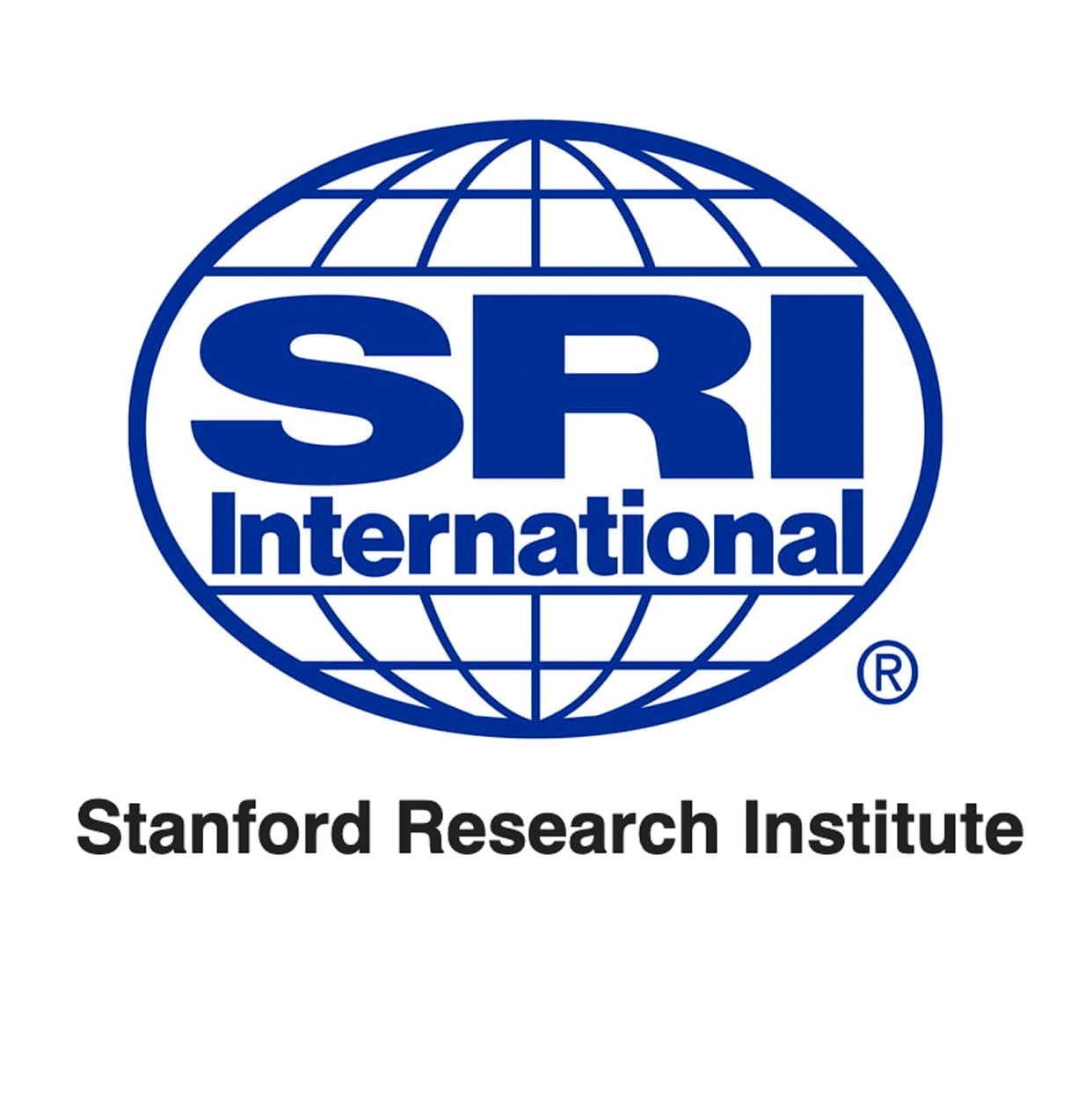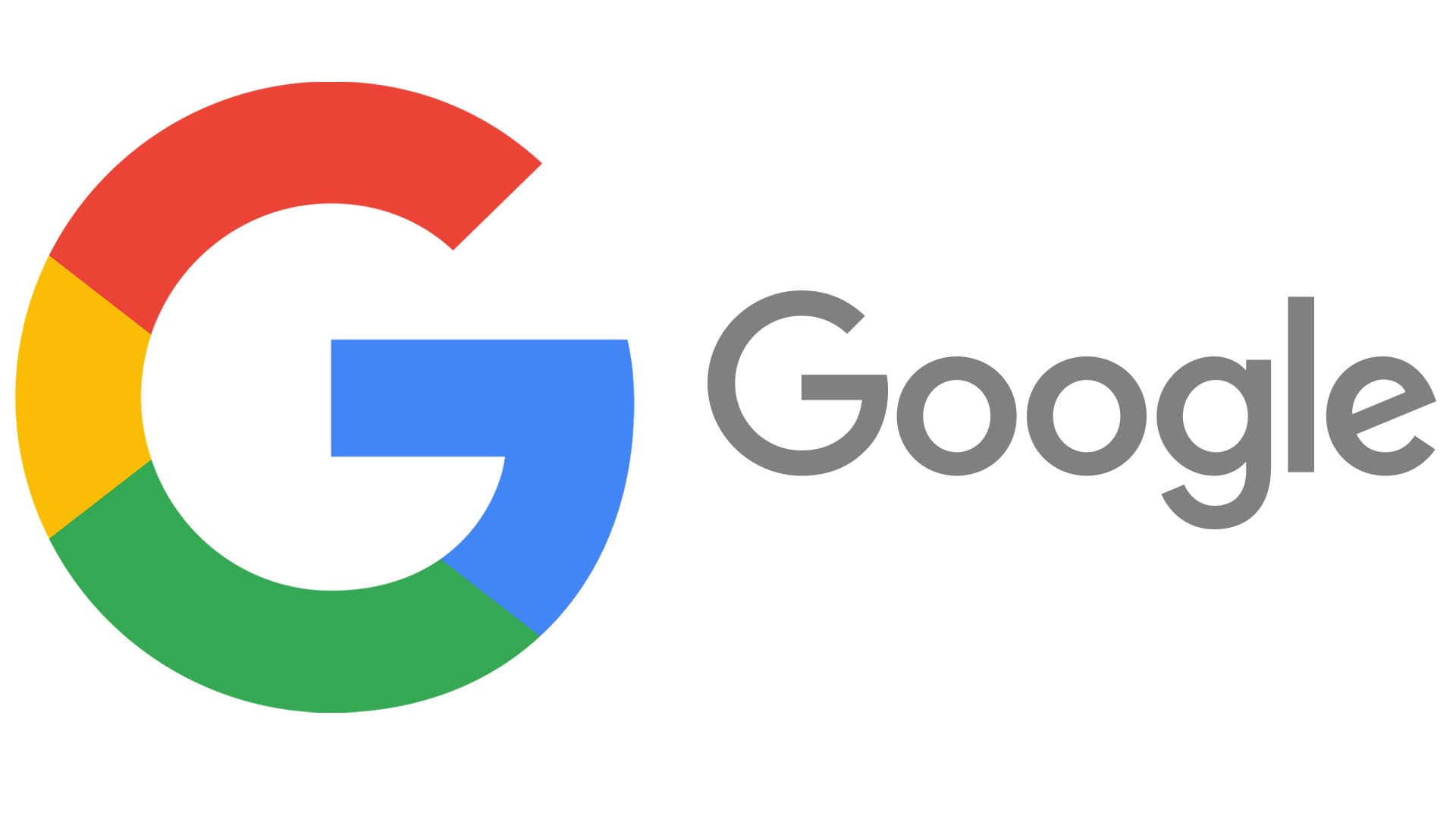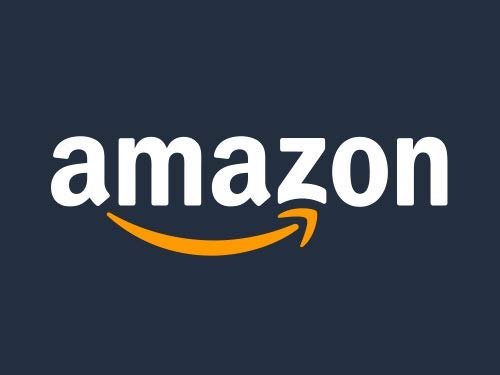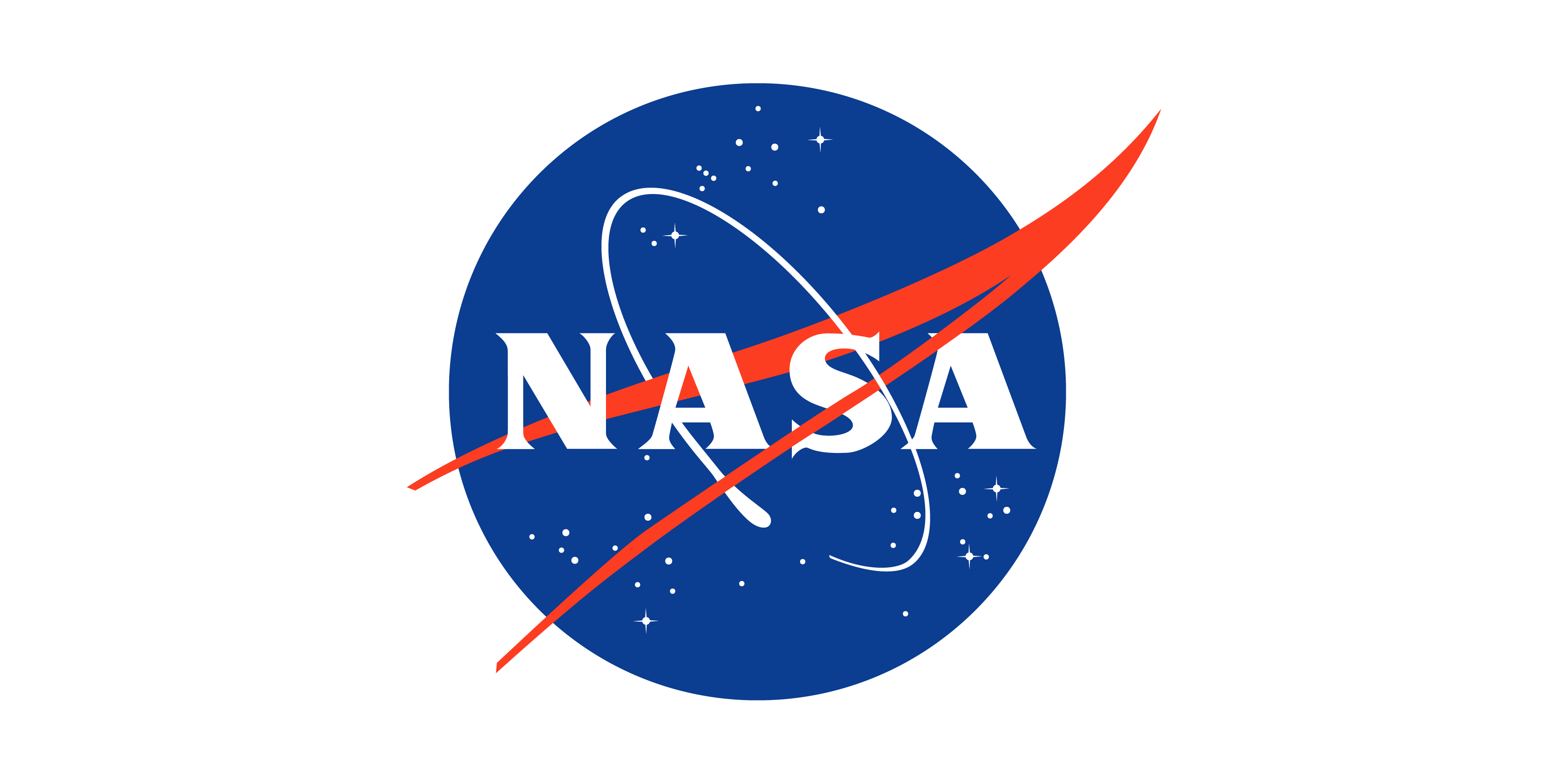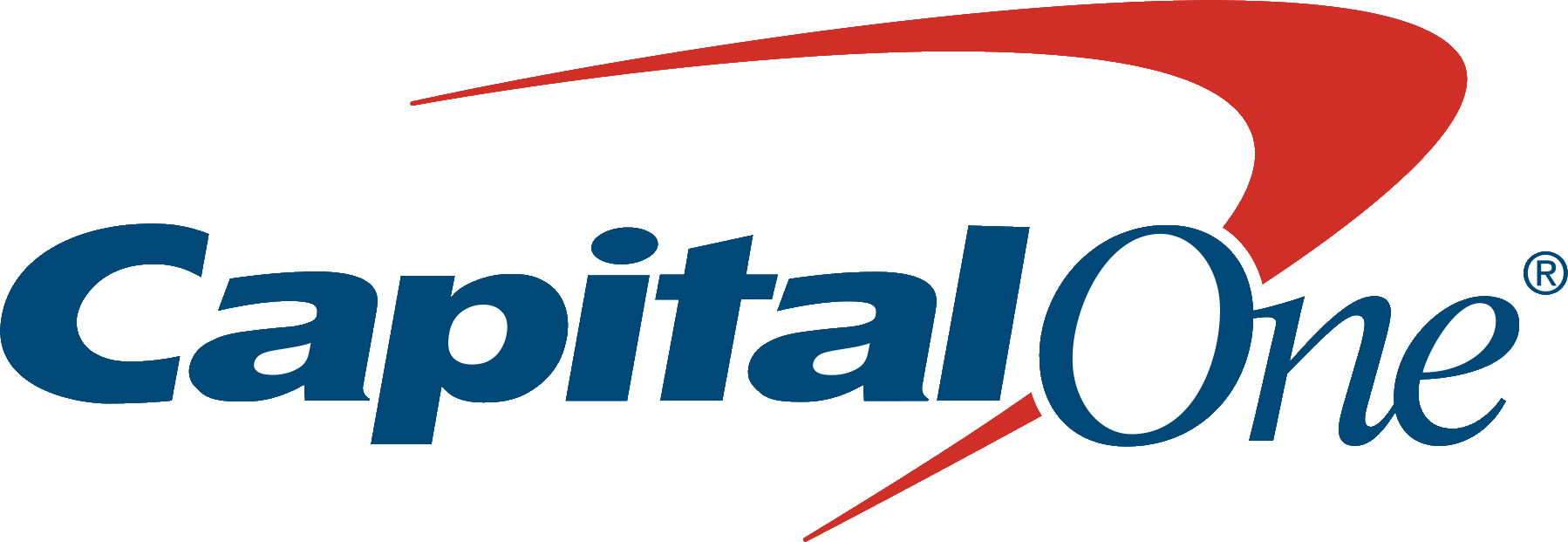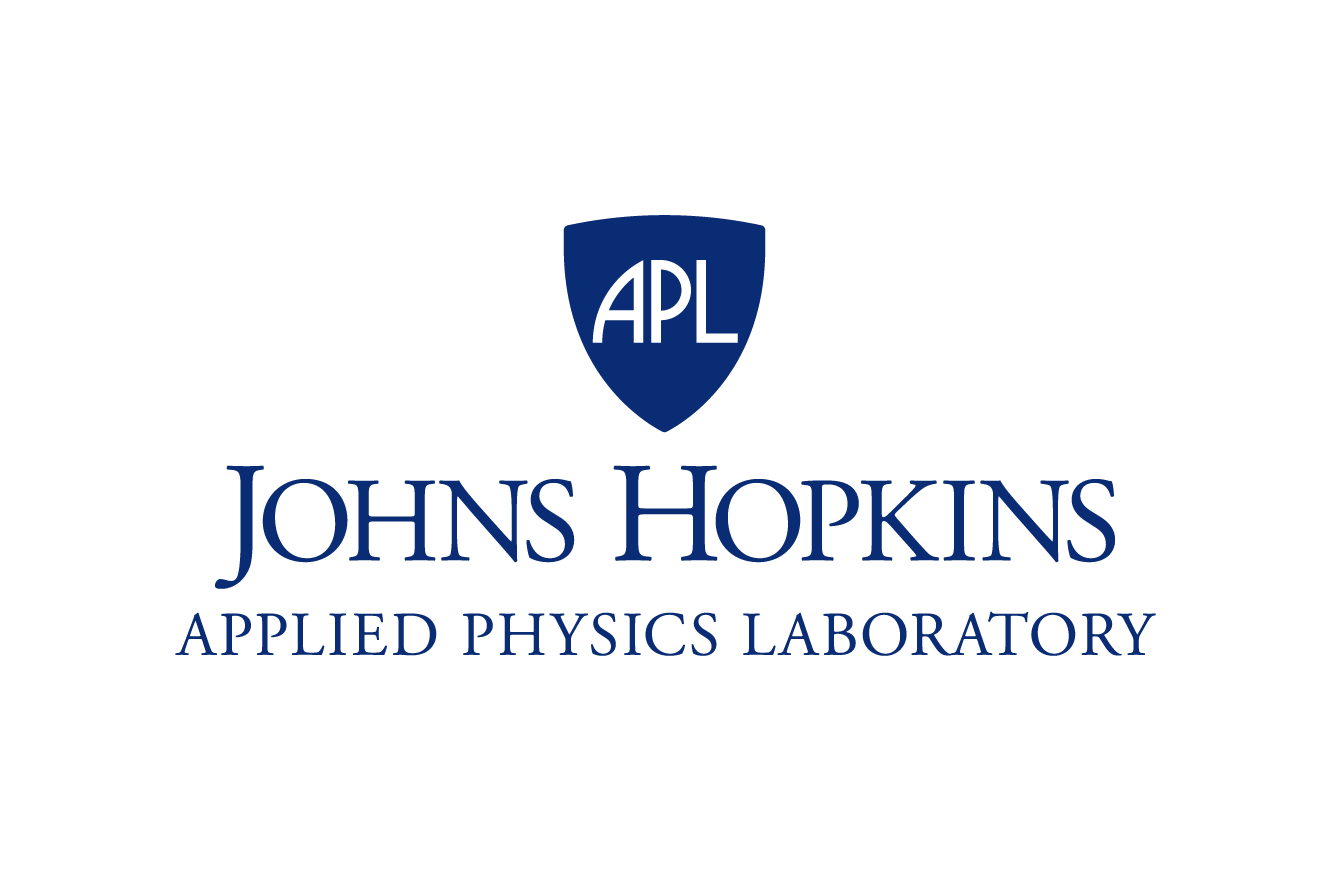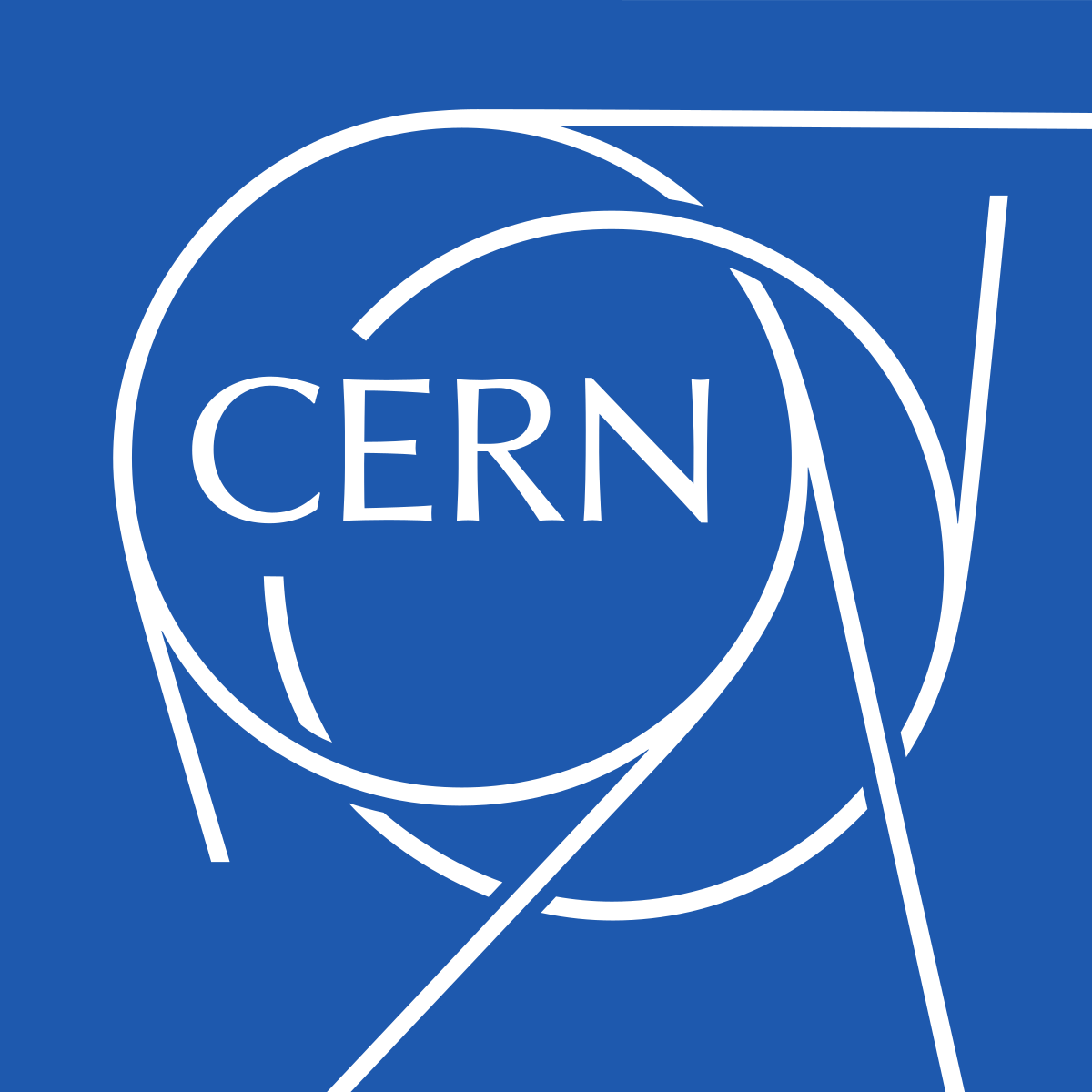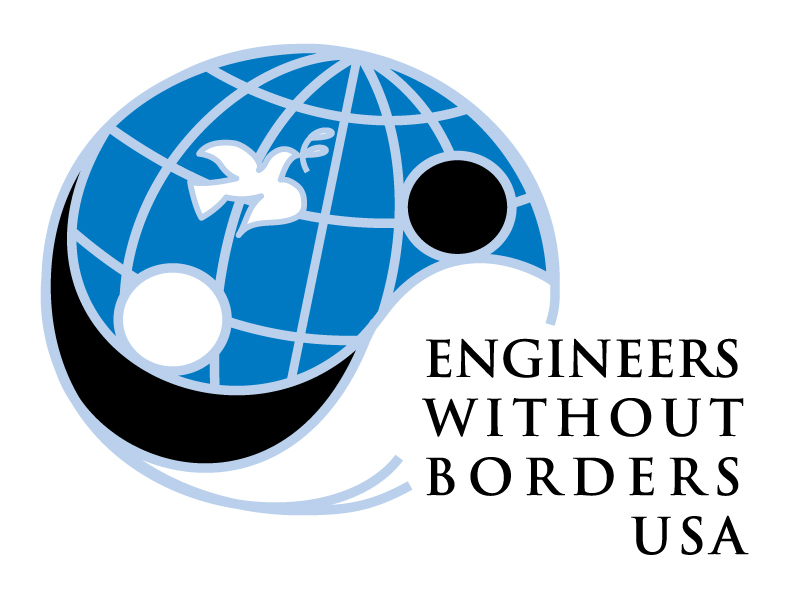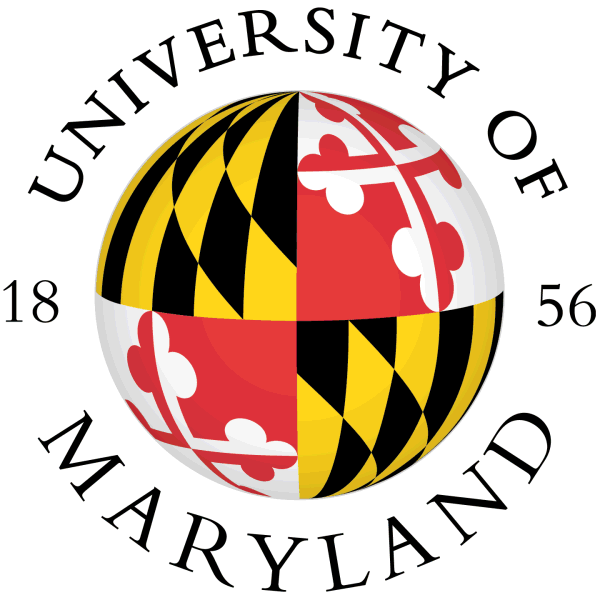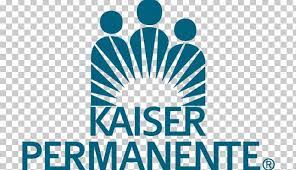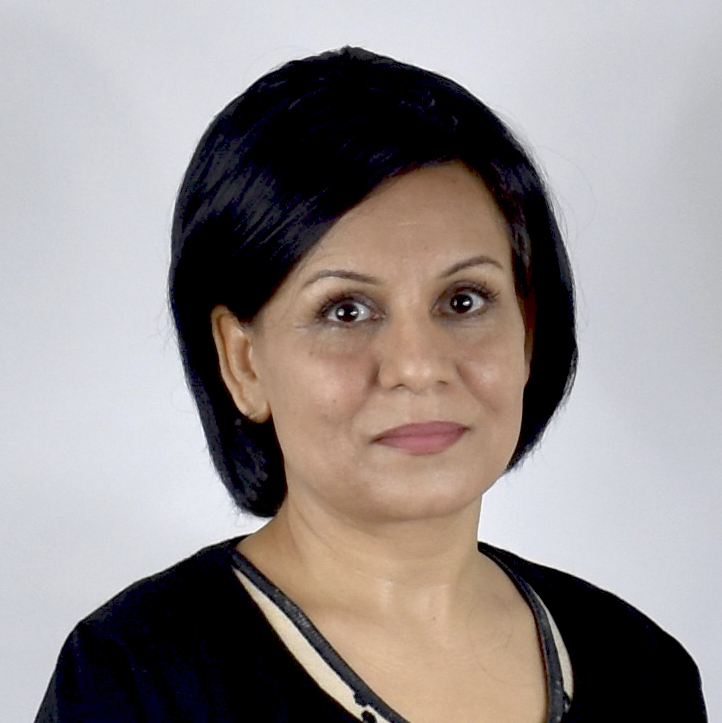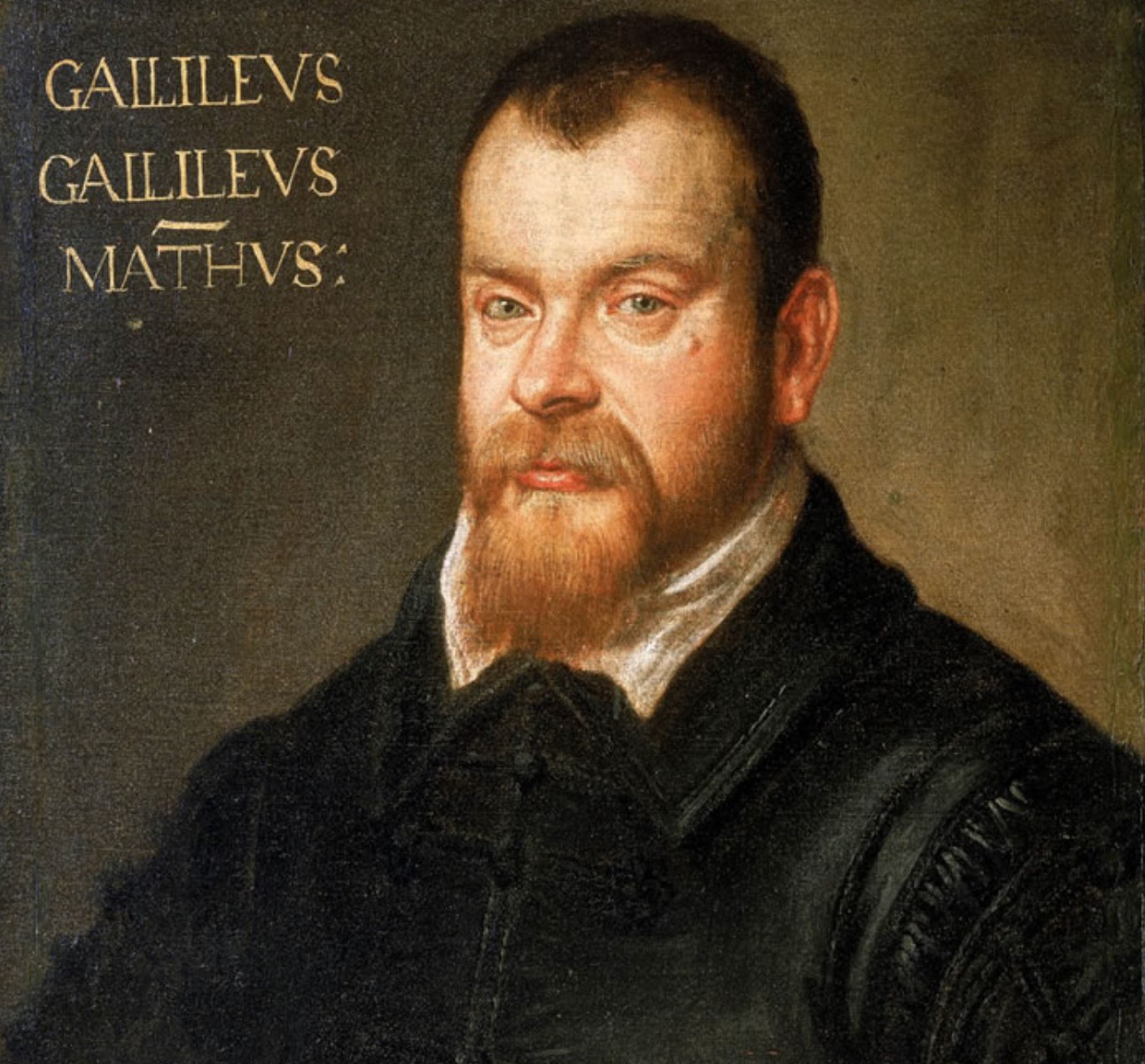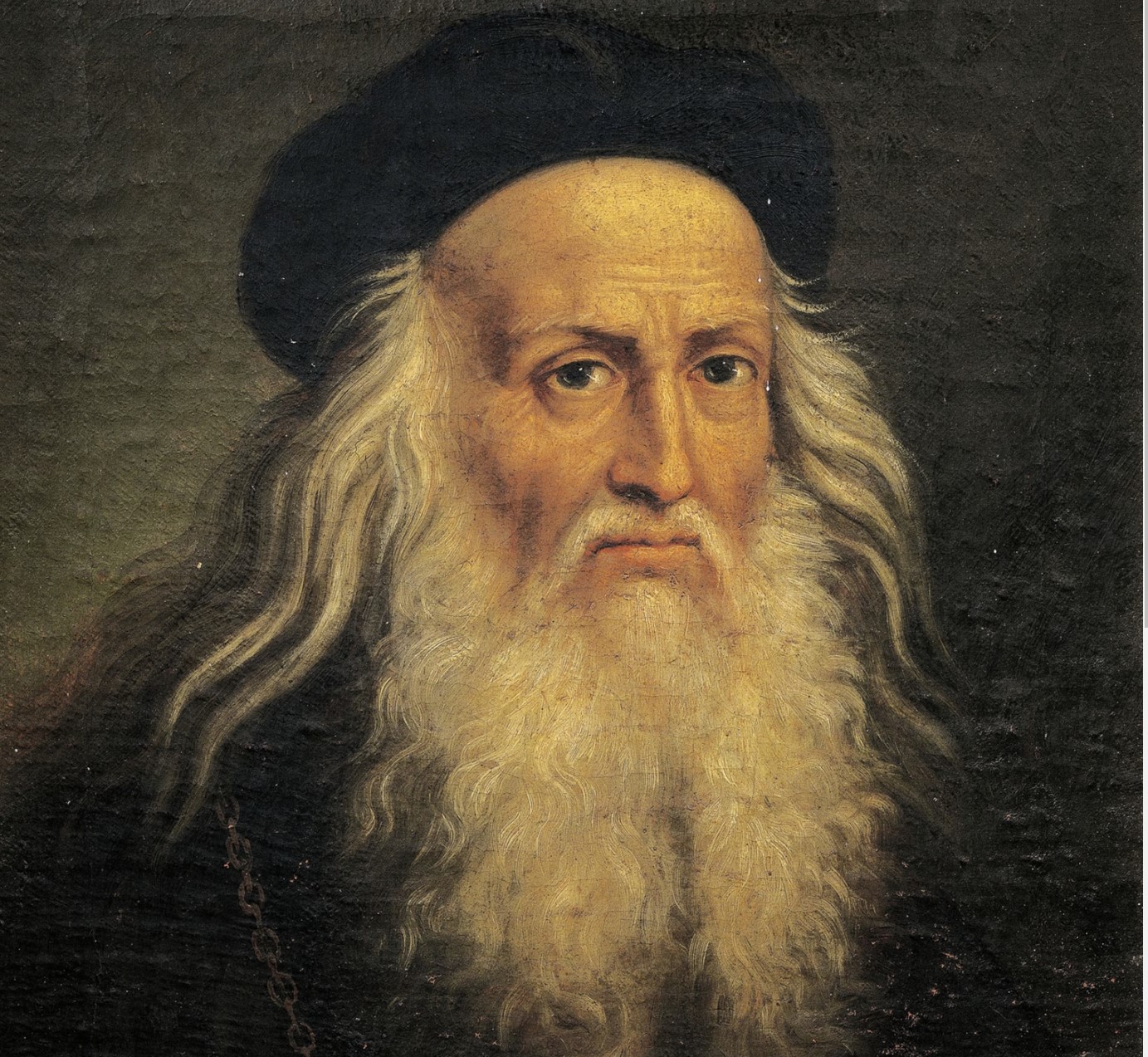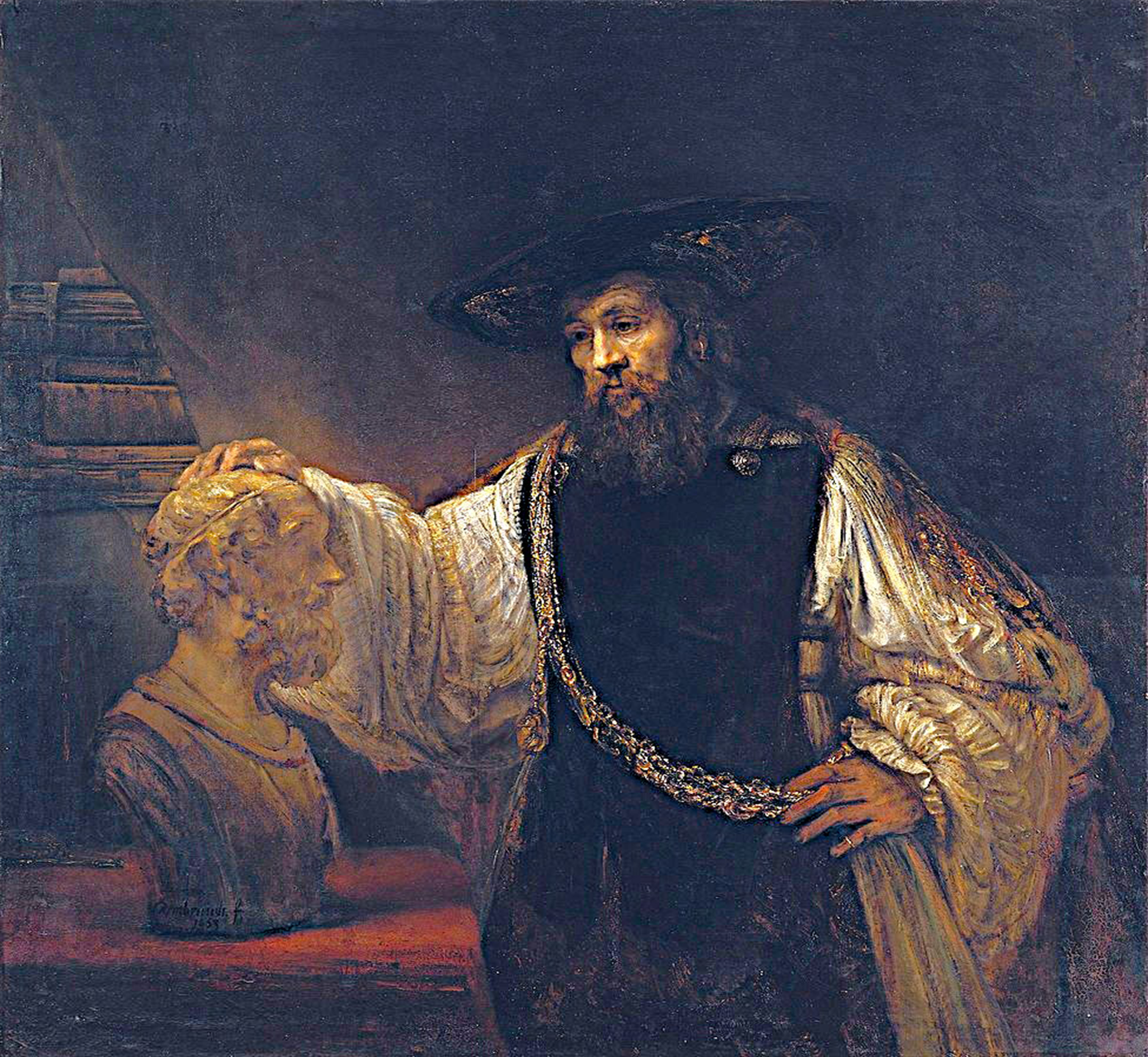
Quantum Machine Learning
With IBM QiskitTM
In Partnership with National Quantum Lab (QLab)
First-year Innovation & Research Experience (FIRE) at the University of Maryland, College Park
Introduction
What is Quantum Machine Learning?
Quantum Machine Learning (QML) is a research stream started in 2022 as a part of the FIRE program at the University of Maryland, College Park under the Technology & Applied Science cluster. Since 2023 we are in collaboration with the National Quantum Laboratory at Maryland (QLab) and one of the world's leading quantum computing hardware and software company IonQ.
Several existing courses at UMD cover the distinct fields of machine learning (ML) and quantum computing (QC) independently, but the QML research stream is the first one at the university to introduce first year students to a burgeoning new space that is currently developing at the intersection of these fields: quantum machine learning.
The QML stream offers students a unique opportunity to gain early access and in-depth insights into this captivating new technology. It provides a hands-on exploration, both at the software and hardware levels, of one of today's most intriguing and rapidly evolving fields of science. This experience places you ahead of the curve and allows you to engage directly with the forefront of innovation.
Our People
Professors
Research Peer Mentors
Journal
The purpose of the QML journal CURIOSITY is to showcase the research work done by the undergrad students during the year-long experience as part of the Quantum Machine Learning stream.
How is the stream structured?
QML is a year-long, comprehensive, research experience intended for first-year students.
Spring Semester: This is the first semester in the sequence. Students will spend their initial weeks creating strong foundational understanding of fundamental concepts in quantum computing and machine learning, including Superposition, Entanglement, Quantum Gates, Quantum Algorithms, Quantum Parallelism, Quantum Decoherence, Quantum Supremacy, and principles of artificial intelligence, deep learning, classification/regression problems. Regarding quantum hardware, our primary focus centers on Trapped Ions and Superconducting Qubits, as well as the critical domain of Quantum Error Correction. Rest of the semester we will work on google Colab notebooks and study speculated impacts of QC over classical computers in fields such as cryptography, optimization, and machine learning data analysis in general.
Fall Semester: This is the second semester in the sequence. Now our emphasis shifts towards conceiving and executing independent projects. These projects can be software or data analysis-centric, or they can revolve around quantum hardware. You have the option to work individually or collaborate with a small group of fellow students. We use the concepts and the state-of-the-art tools and techniques in quantum computing and machine learning to analyze Big Data sourced directly either from detectors recording high-energy proton-proton collisions at the Large Hadron Collider (LHC) at CERN in Geneva or particle data collected by underground experiments, originating from astrophysical sources such as supernovas, gamma ray bursts, and black holes. During this semester you will also get access to one of the Worldwide LHC Computing Grid, WLCG Tier 3 centers owned by the HEP group in the UMD Physics Department.
How can I join? What can I expect?
If you're a student interested in exploring quantum machine learning further, we would be happy to have you join the program! If you're an incoming freshman at the university, you may apply to be admitted to the First-year Innovation & Research Experience (FIRE) program here. Once admitted, you will enroll in the general-purpose first semester course FIRE120, and afterwards will have the opportunity to enroll in our FIRE198 & FIRE298 course sequence during the subsequent Spring and Fall.
QML only requires 1 hour of class time per week, but research students are expected to spend additional time for discussions, project work, and collaborative activities during the week as well.
During the latter part of the course, students will work with peer research mentors and their classmates in small groups to propose a plan for designing and implementing an independent Quantum Machine Learning project using the skills they have learned in the previous weeks. This proposal will undergo revision and approval by the professor, and students will then be given guided research time to collaborate, discuss, plan, and ultimately realize their proposals. Students will ultimately have an opportunity to present their completed projects at the FIRE Summit in November as well as other events showcasing undergrad research at UMD.
Course Materials
Whether you're an incoming QML research student, a student considering joining the stream, or just someone interested in QML, we are excited to provide you with our course material and code packaged as Jupyter notebooks. These COLAB NOTEBOOKS are an integral component of the learning process. These notebooks, carefully selected from esteemed sources like IBM and others, serve as valuable hands-on experience, enabling the students adeptly apply the concepts and insights they've gleaned from their QML studies to their own research projects. In addition, here is a growing list of VIDEO LECTURES that our students find both engaging and instructive to supplement their learning experience.
Past Research Student Outcomes
Dr. Jabeen has taught research courses and mentored a large number of research students during her time at the University of Maryland, College Park. Many of those students have gone on to gradute studies at:

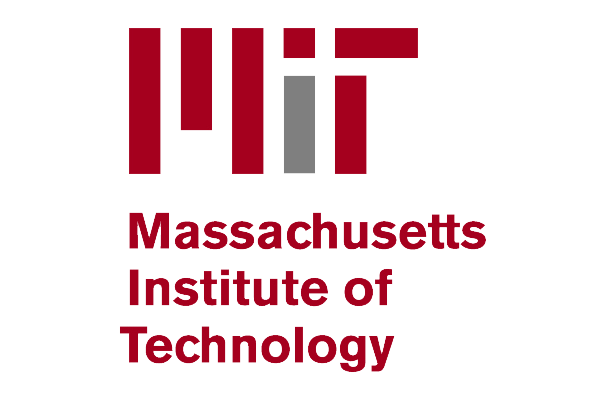

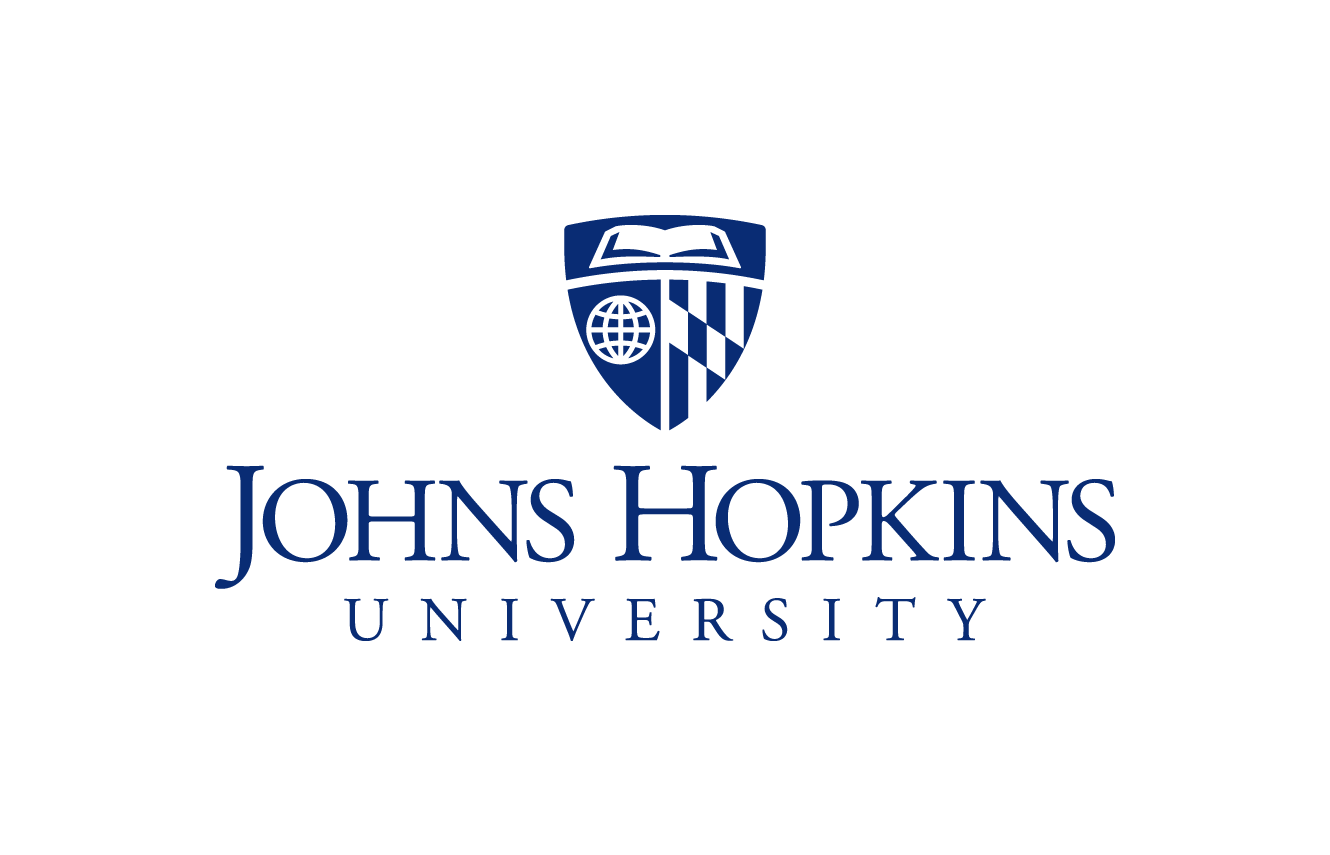
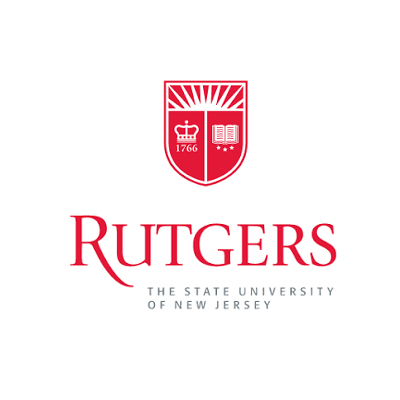
or work at:
